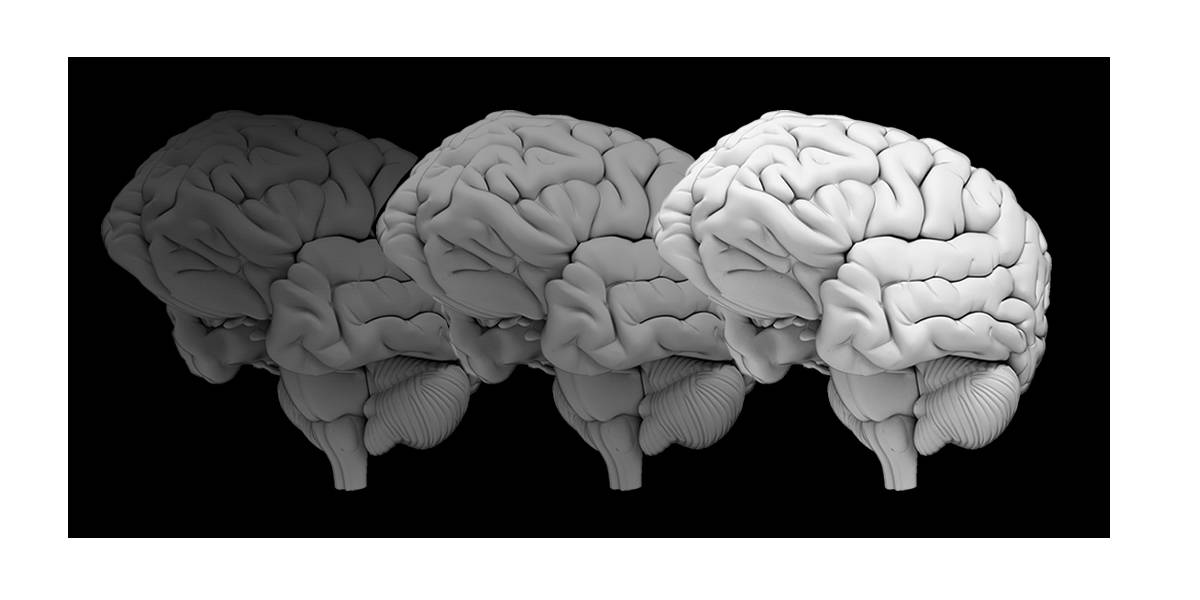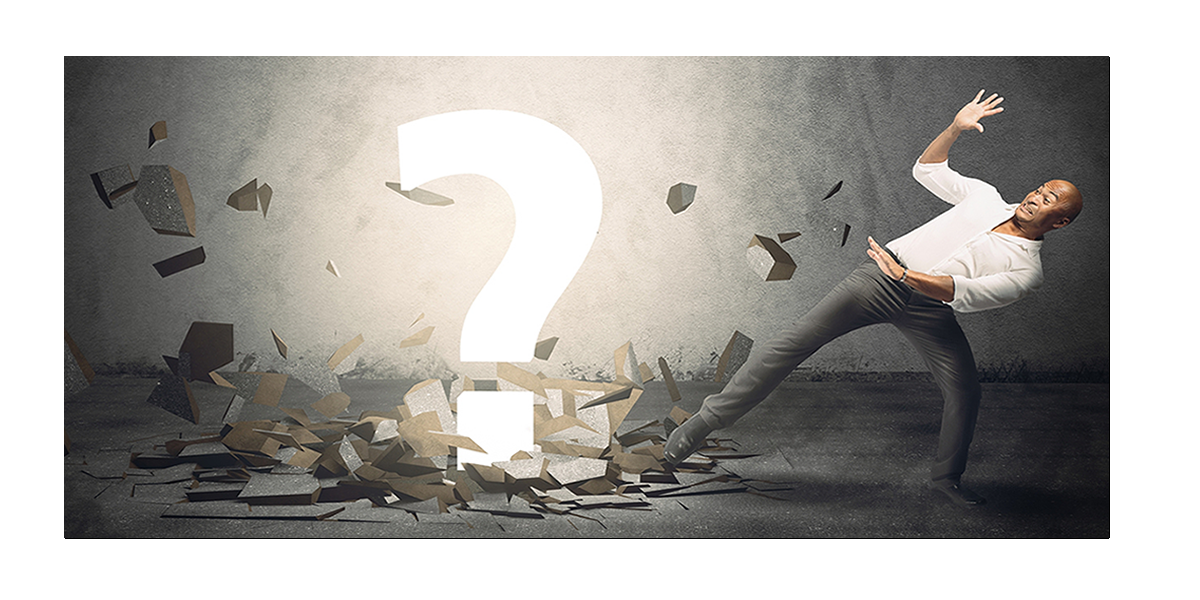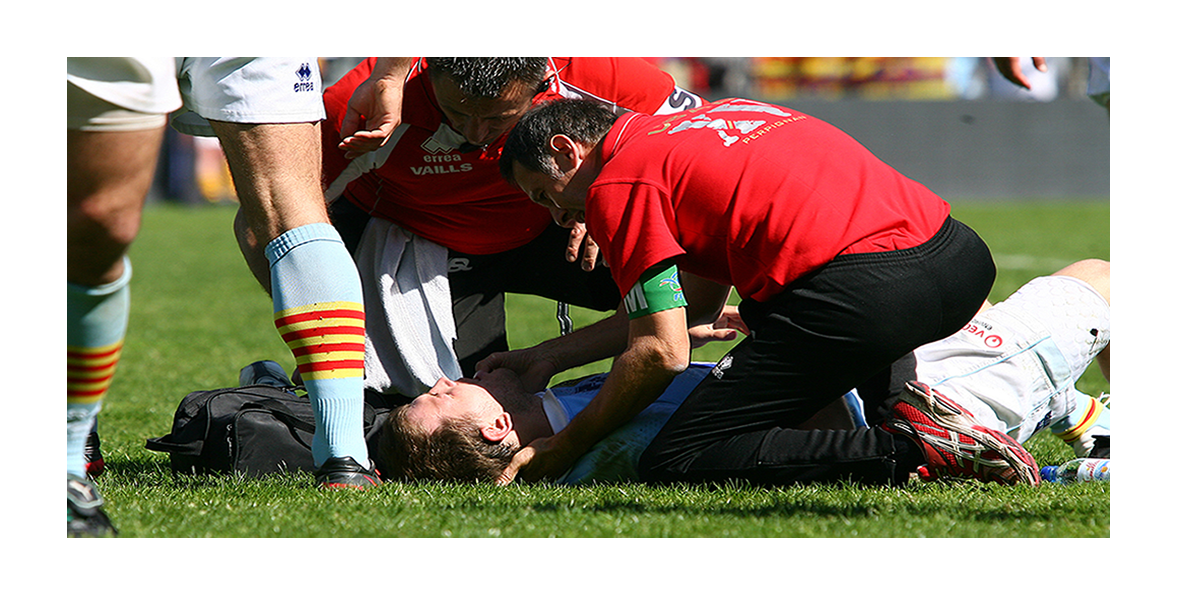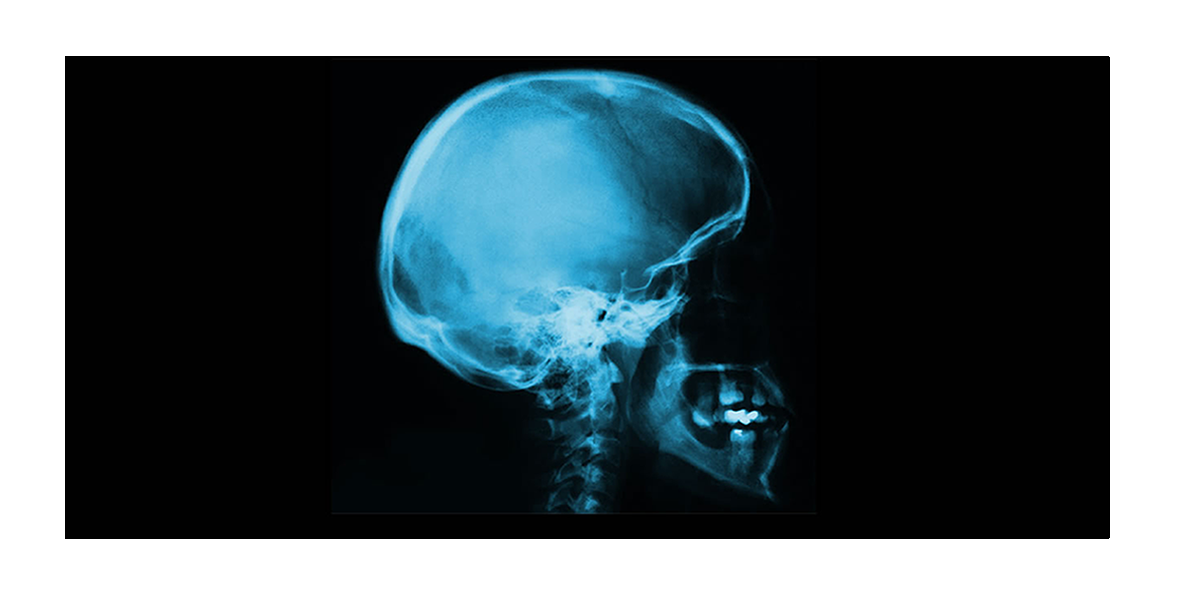The brain can be injured as a result of an accident, a stroke, alcohol or drug abuse, tumours, poisoning, infection and disease, near drowning, haemorrhage, AIDS, and a number of other disorders such as Parkinson’s disease, Multiple Sclerosis, and Alzheimer’s disease. A brain injury can be the result of either an open or closed injury to the head.
Not all head injuries result in TBIs, but sometimes even a minor-looking injury can cause one. A simple head injury may lead to swelling or bleeding in the brain, which can compound the problem.
People can have injuries to their head without acquiring a brain injury. Alternatively, the brain can be injured with little or no visible injury to the head. After the impact of either an open or closed head injury, brain swelling and bleeding can cause further damage. Injuries to another part other parts of the body can lead to blood loss or oxygen starvation in the brain, as well frequently result in a loss of blood or lack of oxygen to the brain, also causing damage.
© 2008 BIC






